Keywords: What Is Christianity
-
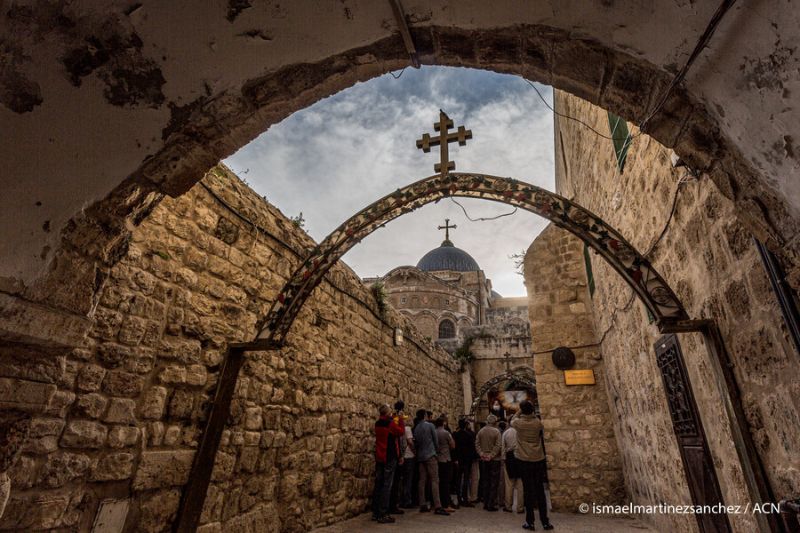
RELIGION
- Michael McVeigh
- 18 November 2024
7 Comments
Religious persecution often fades from public view unless it fits a political agenda. Yet Christians worldwide continue to face existential threats, from systemic repression in China to deadly violence in Nigeria. It’s worth reflecting on the cost of indifference and what it means to advocate for justice beyond our culture wars.
READ MORE
-

AUSTRALIA
- Max Jeganathan
- 17 October 2024
2 Comments
Personalisation isn’t some idealistic attempt at bothsideism, but a pathway to restoring a measure of humanity to our public discourse. In a free society, what matters is not the disagreement itself but the way we treat those with whom we disagree.
READ MORE
-
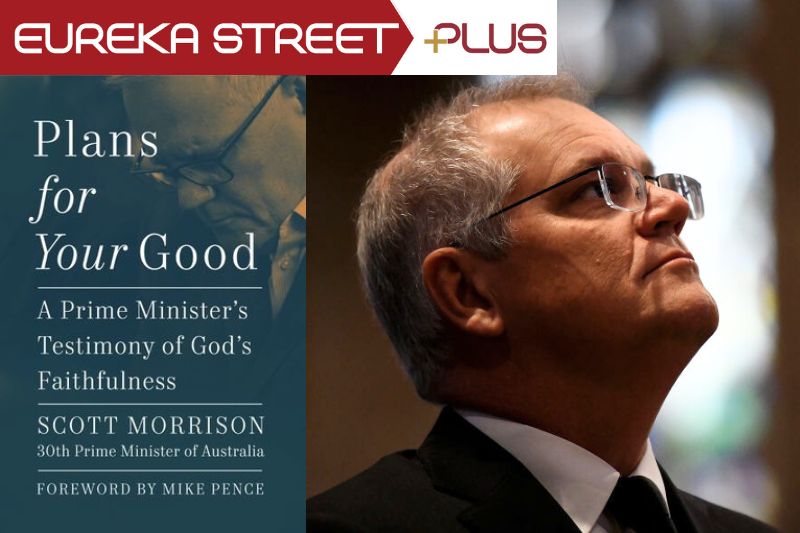
AUSTRALIA
- Michael McGirr
- 09 August 2024
6 Comments
As far as religion goes, Plans for Your Good is right out there, with a bible quote for every decision in the life of a prime minister. But Morrison never notices any arguments against the existence of God or explains why he believes. Everything in life confirms what he believes already.
READ MORE 
-
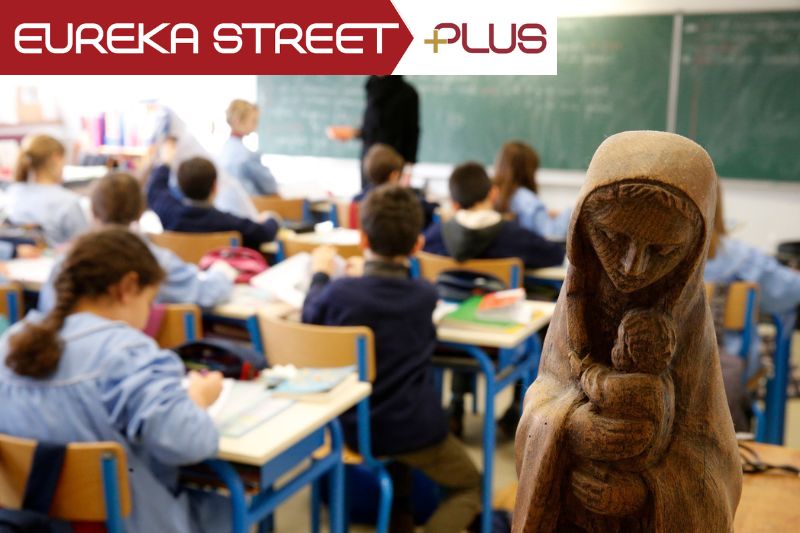
RELIGION
- Ann Rennie, Bernadette Mercieca
- 09 February 2024
5 Comments
Today, the claims of Christianity are no longer common knowledge among a Catholic student cohort that comes from many faith traditions and none, but the Catholic school has a place for them all. Has the classroom become the ecclesial face of the Catholic Church in the 21st Century?
READ MORE 
-
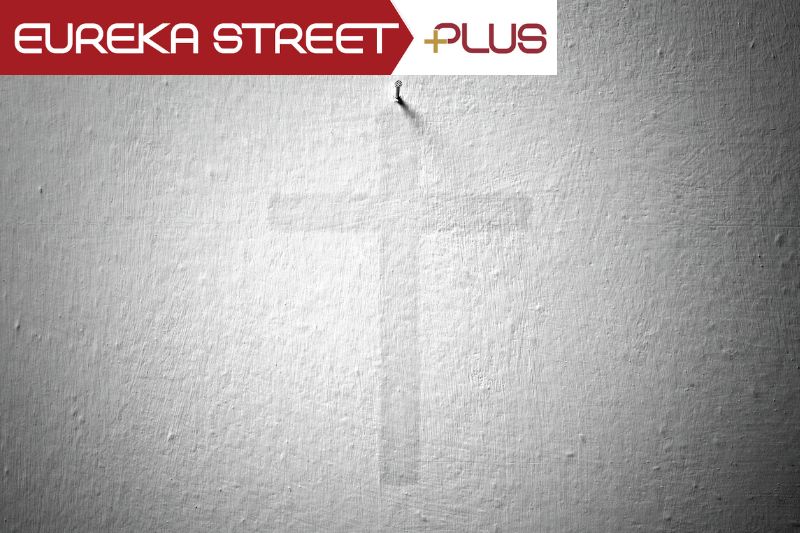
AUSTRALIA
- Michael Jensen
- 19 January 2024
4 Comments
In contrast to the United States, we in Australia ‘don’t do God’, and we rarely acknowledge the religious dimension of our national identity. In an age of declining adherence to the Christian faith, has Australia found a new civil religion? And will it serve us well?
READ MORE 
-
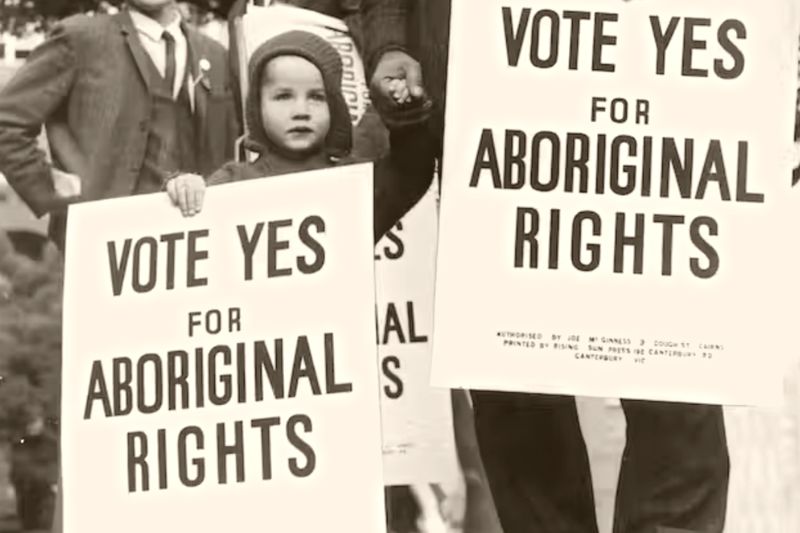
AUSTRALIA
- Frank Brennan
- 05 June 2023
19 Comments
The wording of the proposed change to the Australian Constitution to enshrine a First Nations Voice might not be perfect. But whatever the imperfections and the risk of future complications, it is high time that Australia’s First Peoples were recognised in the Constitution in a manner sought and approved by a broad cross-section of Indigenous leaders.
READ MORE
-
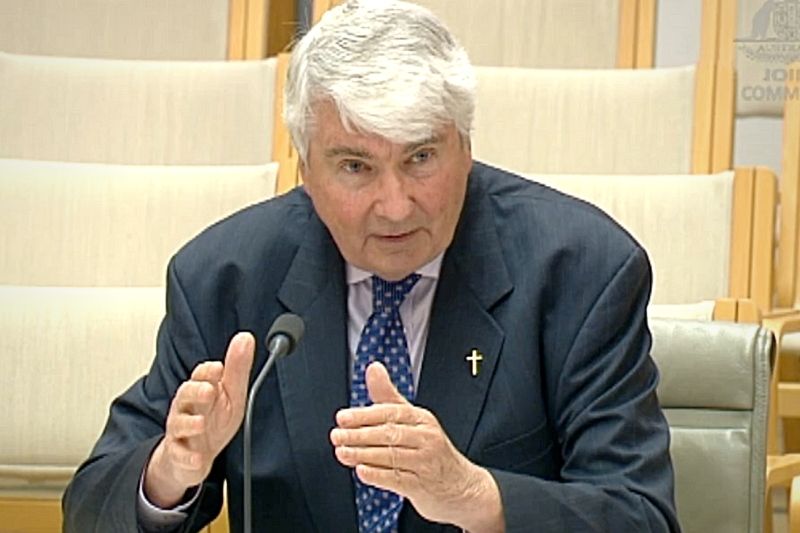
AUSTRALIA
- John Warhurst
- 04 May 2023
20 Comments
Frank Brennan's book An Indigenous Voice to Parliament: Considering a constitutional bridge is an urgent contribution to this important national debate around the shaping of the Voice and the referendum question. It is a book concerned with what’s likely to be successful rather than a manual on how to vote.
READ MORE
-
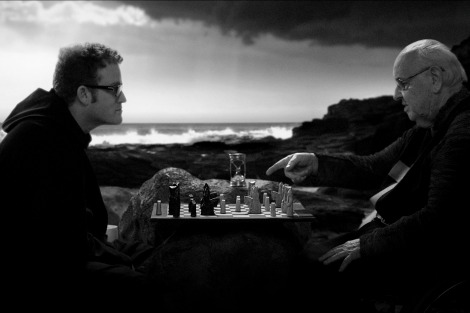
ARTS AND CULTURE
- Tim Kroenert
- 20 April 2023
2 Comments
For Father Bob, being a priest entails getting his hands dirty, giving everything of himself, and doing what he thinks is right, even if doing so upsets power structures; especially if it upsets power structures, if they have contributed to the plight of the downtrodden. (From 2013)
READ MORE
-

ARTS AND CULTURE
- Paul Mitchell
- 03 February 2023
6 Comments
Through exploring the work of nine Catholic American authors — with special focus on Flannery O’Connor, Toni Morrison, Cormac McCarthy and Don DeLillo — Longing for an Absent God boldly attempts to discover what it is about faith and the desire for transcendence that exerts such influence over the popular imagination.
READ MORE 
-

ARTS AND CULTURE
- Simon Smart
- 01 February 2023
5 Comments
With the launch of ChatGPT, my initial amazement quickly gave way to unease and a sense that something essential could be about to be lost. We will need help to navigate such complexity and considering what is essential to our human nature would be an important place to start.
READ MORE
-
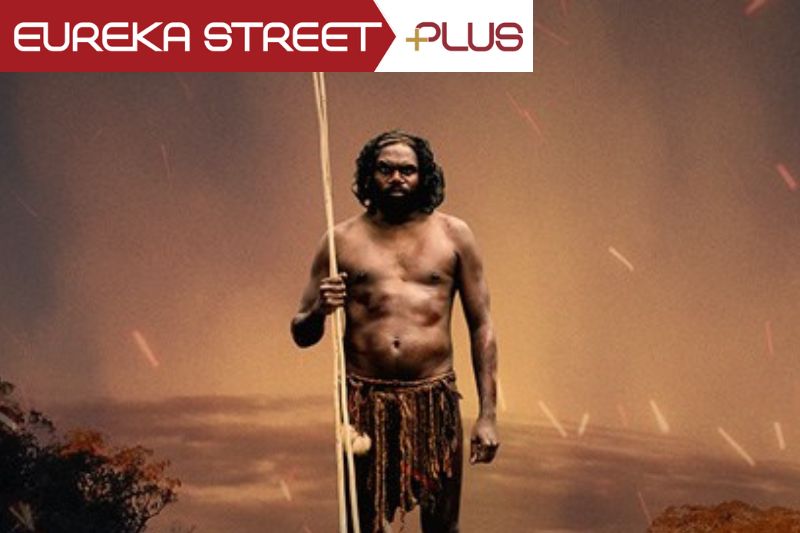
ARTS AND CULTURE
- Barry Gittins
- 20 December 2022
1 Comment
When we reflect on how best to live with the consequences of our shared, bloodied history, The Australian Wars calls for a counter-narrative; a re-positioning and re-phrasing of what has brought us to this point in our oft-stalled journey towards reconciliation.
READ MORE 
-
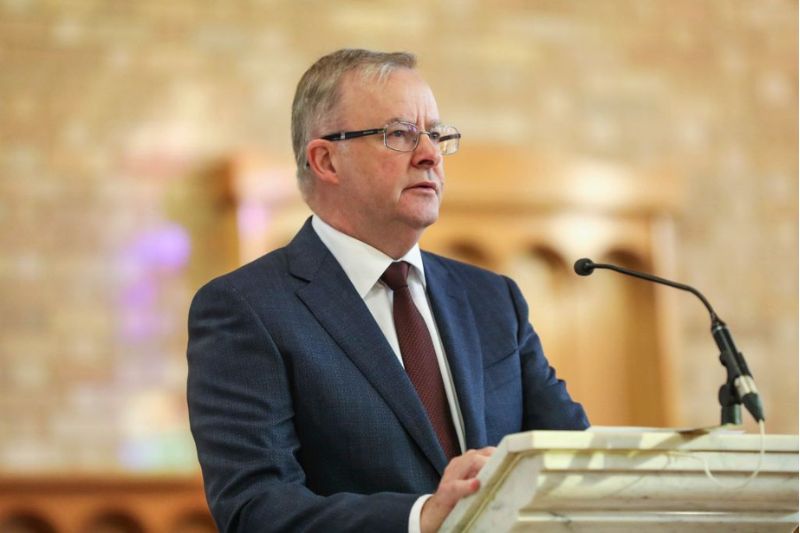
RELIGION
- John Warhurst
- 15 November 2022
16 Comments
Australia is awash with politicians who identify or are identified as Catholic. And Catholic media always take some interest in Catholic politicians whatever their political stripe. But what does this mean to have Catholic politicians from a theologically and ideologically diverse church?
READ MORE 